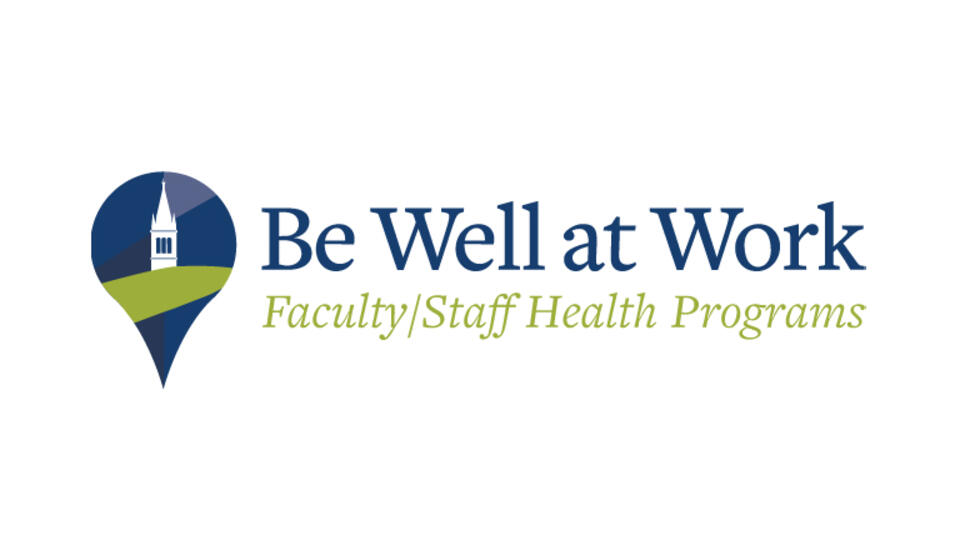Managing Excellently
Wisdom Cafe took frequently asked questions of participants in the Manager Mastermind Group and sought answers from UCB colleagues who have been awarded an Excellence in Management award by the Berkeley Staff Assembly (BSA). The Managing Excellently series is a compilation of these responses meant to help all staff on their aspiring or current management journeys.
How do you encourage employee growth while balancing their workload?

Holli Griffin Strauss, Assistant Dean for Finance & Administration, Division of Social Sciences
2016 Excellence in Management Award Winner
holli@berkeley.edu
Professional development is a priority just like other job duties, and should be built into job descriptions. While that can be easier said than done, I have found it helpful to calendar professional development well in advance, even if it is simply blocking an hour as a weekly or biweekly recurrence on one’s calendar. While some professional development can be time intensive, other opportunities like LinkedIn Learning (formerly Lynda), provide an opportunity to complete a brief course or training in less than 30 minutes. I have particularly found ‘creating a playlist’ through LinkedIn Learning to be helpful so any experiences that are of interest can be accessed easily. Playlist for LinkedIn Learning can also be shared with others. Managers can create playlists that may be of interests for their teams. We are meant to learn and grow, and we must make this a priority.
Add time to learn and grow on your calendar by using this Wisdom Cafe tool. (Must only be logged into your UCB account to add event to bCal)

Bill Allison, UC Berkeley Chief Technology Officer
2015 Excellence in Management Award Winner
cto@berkeley.edu
As a manager, in addition to the tactical discussions, I like to have conversations with my staff every so often about where they'd like to be in a year, and in 2-3 years. Good coaching helps people articulate their goals and then visualize the path to achieving them. It's also important as a manager to regulate the cadence of work, alternating pushes with time for people to regroup, which helps people more fully assimilate what they're learning. Weaving growth into a healthy balance of work creates opportunities for people to grow that are aligned with their interests and career path. When staff see how they can progress and are given opportunities, most rise to the occasion, and in turn realize they are in charge of their careers.
Want your employees (or yourself!) to have clarity on career goals? Visit the Goals section on the Grow Your Career page.
 Denise Oldham, Title IX Officer and Director, Office for the Prevention of Harassment and Discrimination
Denise Oldham, Title IX Officer and Director, Office for the Prevention of Harassment and Discrimination
2018 Excellence in Management Award Winner
dwoldham@berkeley.edu
I build in 5-10% for professional development into every job description in my organization. In addition, the kind of work we do requires certain annual training, so it's an explicit part of the job. Part of my annual performance review process is developing a professional development plan outside of the required training. It sometimes ends up being more aspirational than practical, but it puts the onus on both me and the employee to remember to look more holistically and strategically at their long-term career. I try to check in about it mid-performance cycle.



